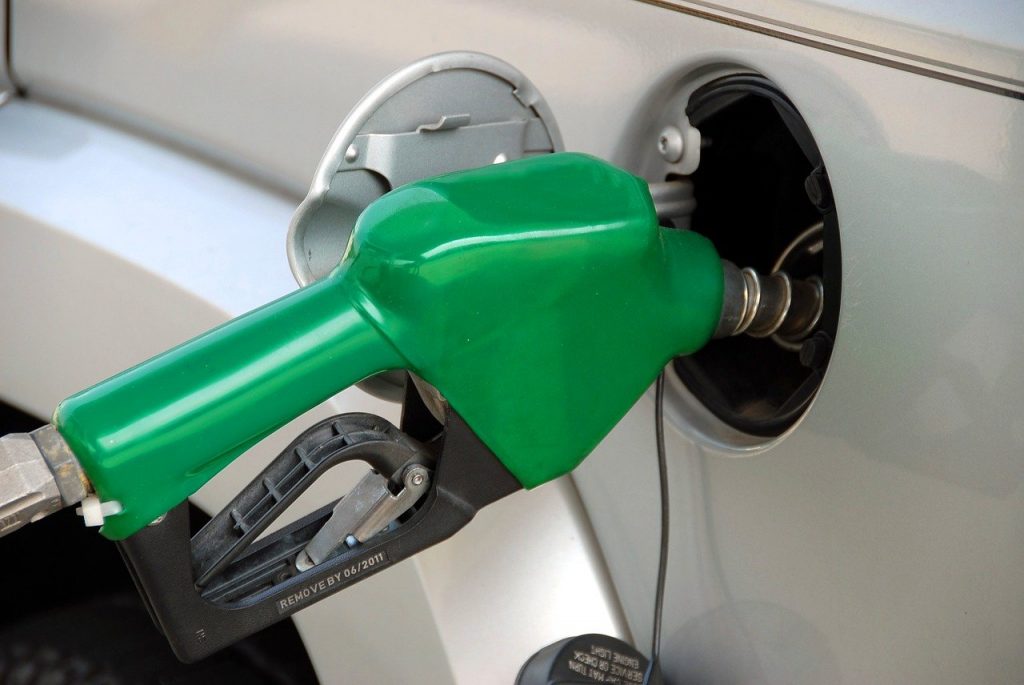
The intractable dysfunctionality in the Nigerian downstream sector reared its ugly head when the Nigerian National Petroleum Corporation Limited (NNPCL) through its four consortia of direct sale, direct purchase (DSDP) of refined products came to public knowledge. Through these proxies, the NNPC imported 170 million litres of adulterated petroleum, which led to public outcry and has equally created artificial fuel scarcity and a hike in the pump price. The results are several cases of engine malfunction reported by users of this bad product and an expected hike in transportation costs which is draining the purchasing power of citizens and bleeding the economy.
It is troubling to know that seven years into this current administration; a government that promised Nigerians change, Nigeria still imports refined petroleum products. A government that promised to fix the ailing national refineries and build new ones has spent and is still spending more funds to sustain the subsidy scam. Nigerians still spend hours in the queue to buy fuel at N200, thereby creating brisk business for the black market that sells between N400 and N1000 per litre. According to Sahara Reports, Abuja residents, workers were stranded as fuel sold for N1000 per litre
Almost 2 weeks into these regrettable events, there is no retribution to those found culpable for this malicious racket, besides the usual retorics. Meanwhile, the President, Muhammadu Buhari doubles as the petroleum minister and still junkets the globe, proffering solutions to other countries problems while his own people suffer. The failure of this government to arrest the situation, carry out a conclusive investigation to bring out and punish culprits that imported this large quantity of methanol-blended petroleum into the country reeks of irresponsibility and lack of accountability to the masses. It further shows how little the government regards the people. The country boasts of four refineries with billions of naira sunk into them for yearly turn-around maintenance, yet no evident result but has remained a conduit for generational corruption by few individuals given to debased appetites. There is a vicious circle of bad leaders, devoid of purpose, that runs public institutions against public interest, presenting the anti-masses face in the governance system while impunity continues unabatedly.
The unfortunate events of importation of dirty fuel, fuel scarcity and other state-sponsored social injustice should not be treated with nonchalance; the masses should hold the government to account. For a government that shies away from transparency and accountability, the masses are the only people to remedy the situation and drive out bad leaders in government. It is increasingly recognized that greater accountability and responsiveness on the part of government can only be brought about by the people.
It is evident that one of the reasons for accountability failures in Nigeria is the unfortunate quality of leaders that represent the people and manage public institutions. The 2023 general election is drawing close, election remains a critical political mechanism that allows citizens to choose their government, and form a democratic political system, and this electoral process determines the quality of political representation. The people must be circumspect on electing people with the capacity and willingness to respond to calls for accountability. Election periods should not be used to self-sabotage, but citizens should begin to see it as a viable means to correct these anomalies and elect leaders that are competent, transparent and accountable.
